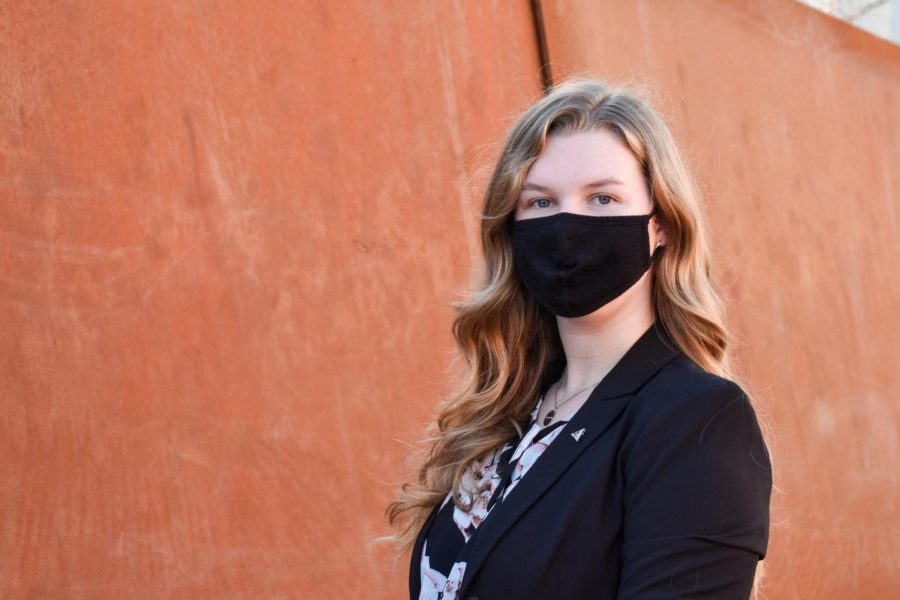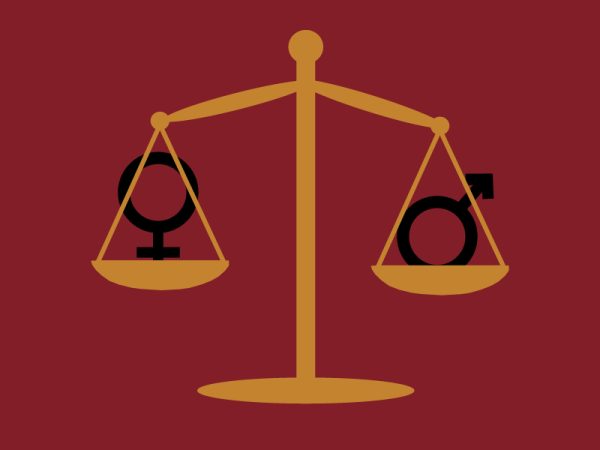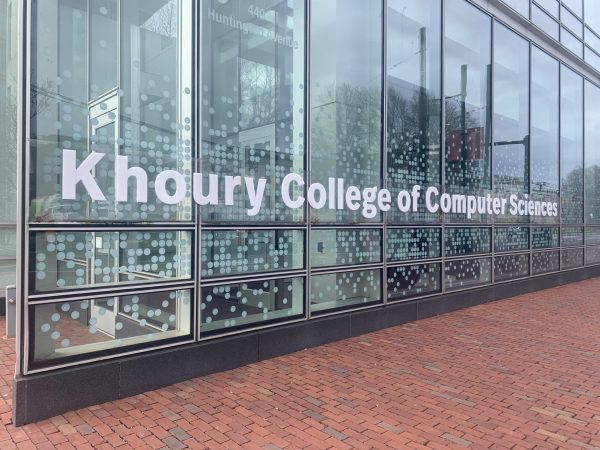Uncontested Buttke-Galinkin SGA slate elected with 86% support
Casey Buttke was elected SGA president last week.
March 28, 2021
The Buttke-Galinkin slate, which ran uncontested, captured an overwhelming 86% of the vote in this year’s Student Government Association election. Casey Buttke and Izzy Galinkin will respectively serve as student body president and executive vice president during the 2021-2022 school year.
As in 2019 and 2020, the Student Government Association, or SGA, asked students to vote for a single pair of nominees, proclaim “no confidence” in the slate or opt to abstain from the election. This year’s 14% no-confidence vote, setting aside abstentions, represents a 25-point drop from its peak in 2019.
Students also passed all five of the referenda on the ballot, which proposed student MBTA discounts, per-credit tuition pricing, a meal plan fee reduction, mental health orientation programming and increased mental health funding for University Health and Counseling Services, or UHCS, with more than 94% support for each.
Buttke and Galinkin centered their campaign on proposals they say would increase accountability for university administrators, SGA’s responsiveness to student feedback and collaboration between SGA and student advocacy groups.
“The biggest thing for me has always been, and will continue to be, rebuilding the relationship between SGA and the students, because it is incredibly fractured right now,” said Buttke, a third-year political science and criminal justice combined major. “I am excited to continue developing stronger relationships with other activism organizations on campus and really putting in the work to show them that we can be a platform that wants to support them.”
Buttke said in a pre-election interview with The News that she wants to set up meetings between administrators and each referendum’s sponsor to improve the likelihood they will influence university policy. Both Edie Olmsted, president of Northeastern’s Roosevelt Network chapter, and Josh Sisman, communications director for the Northeastern University Young Democratic Socialists of America, or YDSA, said Buttke reached out to their organizations prior to the election to discuss her platform and her plans for collaboration going forward. The Roosevelt Network sponsored the per-credit tuition referendum, and YDSA sponsored both the MBTA discount and meal plan referenda.
Olmsted, a fourth-year majoring in politics, philosophy and economics, said she’s cautiously optimistic.
“I have, for the first time with SGA, a bit of hope about what they can accomplish. But it will be up to them to make me confident that they can do what they say they want to do,” Olmsted said. She said later she worries there aren’t many channels built into SGA for student activists to engage with leaders once their referenda have passed, but she said Buttke expressed that she wants to be more active in the post-referenda process than past administrations.
Current SGA President Kate Kuznetsova, who will remain in her position until Buttke and Galinkin are sworn in July 1, would not commit to starting work on the passed referenda before she leaves office or to naming specific czars within Cabinet to manage it, but she said she’d defer to Buttke’s judgment on referendum advocacy even before she takes office.
Sisman, a second-year political science and economics combined major, said he’s also somewhat skeptical about the efficacy of organizing through SGA. He said he’s happy Buttke was elected — a no-confidence majority, he said, would be “chaos” — but that he definitely plans to mobilize students through other channels in addition to SGA. He wouldn’t go into detail, he said, because unpredictability is important to YDSA’s mobilization strategy, but he hinted attendees at this week’s YDSA meeting worked to identify administrators who might serve as good pressure points for each of the organization’s particular proposals.
“You can only imagine how bad of a look it would be for the university if they said, ‘Hey, we know that 97% of you voted in favor of getting 50%-reduced T fares, but we’re just not going to do it,’” Sisman said.
Active Minds, a club that promotes mental health awareness on campus, sponsored the referenda proposing mental health programming at student orientations and increased mental health funding for UCHS. Mary Moskowitz, a third-year human services and political science combined major and vice president of Active Minds, said the group was thrilled to see their items pass by a wide margin and hopes it is a sign of future collaboration between the club and university administrators.
“We’re definitely hoping that this catches the eye of the administration, and we’re hoping that they will give us time to sit down with them and bring forward more solid, actionable plans,” Moskowitz said. “We’re also just even looking forward to collaborating with other student groups.”
Sisman acknowledged that the election’s low turnout, with just 4,612 votes cast on the MBTA referendum question in particular, might give administrators an excuse to dismiss even strong student support. Regardless, he said, he thinks the referendum process itself has raised the profile of YDSA’s advocacy.
Sam Chaturvedi, a second year computer science and computer engineering combined major, SGA elections chair, said a combination of technological bugs — trouble for voters using the Safari browser, a disappearing notification — and the actual placement of the ballot in the student portal, much less prominent than last year’s, likely pushed student turnout down significantly. On March 18, SGA leaders extended the election period to March 22 after finding students had only cast 2,171 non-abstaining votes in the presidential election, about half the 20% turnout required for validity.
Buttke said she’s planning to speak with administrators about implementing the referenda as soon as possible.
“The election is just the first hurdle and the real work is coming,” Buttke said. “But it’s definitely the first step towards making the change we want to make.”


















